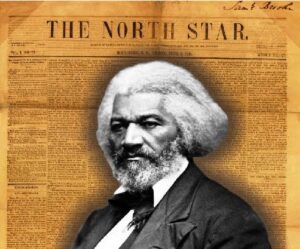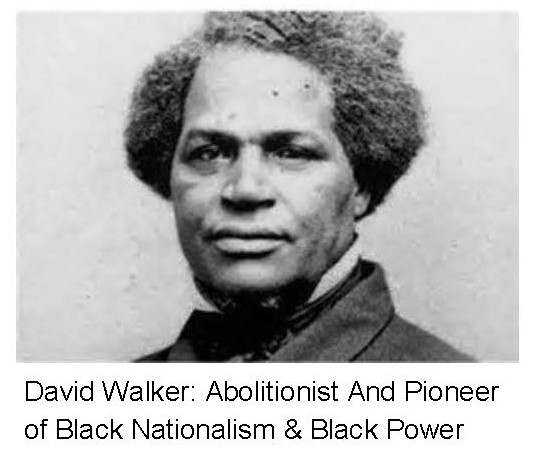|
|
By Mansfield Frazier
Pulled from the Ward 7 Archives March 2020 edition
In colonial America, newspapers circulated through authorized subscription agents. One of the first Black agents was David Walker, a free Black man born in Wilmington, North Carolina, in the late 18th century. Walker, who owned a successful clothing store in Boston, was an agent for Freedom’s Journal, the first Black-owned newspaper in the United States.
His courage and determination paved the way for the advancement of Black publishing.
After Freedom’s Journal ceased publication, Walker advanced Black publishing by releasing Appeal to the Colored Citizens of the World in 1829. This book was one of the first to encourage Black people to stand up against those who kept them enslaved. David Walker told them to fight back if needed, which made many white Southerners very upset.
Walker knew that sharing ideas through writing was a powerful way to help Black people gain freedom.
Despite efforts to suppress it, his publication spread widely across the South. In response, North Carolina and other Southern states enacted sedition laws to criminalize publications like the Appeal—a tactic repeatedly used against Black media for promoting messages of truth and resistance.
constitutioncenter.org
Between 1827 and 1855, 100 Black newspapers were published in the United States. These publications, read by Black and progressive white audiences, shared news of local milestones and celebrated the achievements of Black individuals who attained success through perseverance and hard work.
More importantly, they countered racist narratives that sought to justify slavery by portraying Black people as incapable of anything beyond forced labor.
This crucial role of Black newspapers in shaping public perception is often overlooked, but it is a testament to their power and influence.
In 1837, the third successful Black newspaper, The Weekly Advocate, was launched in New York City and edited by Samuel Cornish. Within two months, it was renamed The Colored American.
These publications—The Mirror of Liberty, The Elevator, Freeman’s Advocate, The Palladium of Liberty, and The Herald of Freedom, relentlessly focused on abolishing slavery and full equality for free Black citizens.

In 1847, Frederick Douglass, a prominent Black abolitionist and orator, founded The North Star in Rochester, New York. The newspaper quickly gained a circulation of over 4,000 readers across the United States, Europe, and the Caribbean—a remarkable feat for its time.
The North Star’s motto—“Right is of no sex, truth is of no color, God is the Father of us all, and we are all brethren”—underscored its commitment to equality and justice. The North Star became a forum for abolitionist thought, women’s rights, and other social justice movements.
Douglass continued publishing the paper until 1851, when it merged with the Liberty Party Paper to form Frederick Douglass’ Paper.britannica.com
The legacy of the Black press is one of resilience, advocacy, and truth-telling. From Freedom’s Journal to The North Star, these publications laid the foundation for generations of Black journalism, shaping the fight for civil rights and justice in America.
For a deeper understanding of David Walker’s impact, you may find the Youtube video, David Walker’s “Appeal to the Coloured Citizens of the World” insightful:





